LEADING, NOT LAGGING: AFRICA’S GEN AI OPPORTUNITY
)
Gen AI is set to create significant value across sectors, and Africa has an opportunity to leapfrog other regions to capitalize on this transformative technology.
The rapid rise of gen AI has captured the world’s imagination and accelerated the integration of AI into the global economy and the lives of people across the world. Gen AI heralds a step change in productivity. As institutions apply AI in novel ways, beyond the advanced analytics and machine learning (ML) applications of the past ten years, the global economy could increase significantly, improving the lives and livelihoods of millions.1
Nowhere is this truer than in Africa, a continent that has already demonstrated its ability to use technology to leapfrog traditional development pathways; for example, mobile technology overcoming the fixed-line internet gap, mobile payments in Kenya, and numerous African institutions making the leap to cloud faster than their peers in developed markets.2 Africa has been quick on the uptake with gen AI, too, with many unique and ingenious applications and deployments well underway.
Across McKinsey’s client service work in Africa, many institutions have tested and deployed AI solutions. Our research has found that more than 40 percent of institutions have either started to experiment with gen AI or have already implemented significant solutions (see sidebar “About the research inputs”). However, the continent has so far only scratched the surface of what is possible, with both AI and gen AI. If institutions can address barriers and focus on building for scale, our analysis suggests African economies could unlock up to $100 billion in annual economic value across multiple sectors from gen AI alone. That is in addition to the still-untapped potential from traditional AI and ML in many sectors today—the combined traditional AI and gen AI total is more than double what gen AI can unlock on its own, with traditional AI making up at least 60 percent of the value.
Africa is ready to unlock growth and productivity from gen AI
Analytical AI is already indispensable in several industries, with ML solutions solving analytical tasks such as classifying, predicting, clustering, or evaluating data faster and more effectively than humans. Now, with gen AI’s broad utility and revolutionary ability to convincingly mimic the human ability to create, including writing text, producing digital art, and composing music, the excitement about the potential of the technology has surged globally and the economic impact is expected to be substantial. McKinsey estimates that gen AI could add $2.6 trillion to $4.4 trillion to the global economy annually across 63 use cases analyzed.3
The application of gen AI and AI more broadly already has significant momentum in Africa, and African institutions are rapidly catching up with, and in some cases leading, global developments. Businesses and governments are incorporating gen AI in their technology strategies, and many are using it to solve some of Africa’s most pressing problems in novel ways. For example, across Africa, AI-driven translation services for local languages that are underrepresented on the internet, such as Amharic, are being used to improve cross-cultural communication, increase access to information, and enhance social cohesion.4 In Kenya, gen AI is being used to create personalized learning pathways for students, with the goal of improving academic performance, increasing engagement, and providing tailored educational experiences.5 In South Africa, a local start-up is using proprietary AI models and tools, including GPT-4, to help small-business owners better understand their finances and automate the production of easily understandable reports and dashboards.6
Although many gen AI applications in Africa tend to be in the experimental or developmental phase, several organizations have already successfully implemented AI and gen AI at scale and fully transformed workflows. For example, in Nigeria, a mobile telecommunications provider has been scaling a chatbot that functions as a digital assistant to improve customer experience. It can answer questions, provide personalized recommendations and 24/7 access to information, and help customers activate products or services, check their balances, and buy airtime. In South Africa, several financial services providers have been hyperpersonalizing their outbound sales campaigns and significantly cutting down internal time to market using gen AI.
Gen AI adoption still differs significantly by sector, with more-digitally-mature sectors, such as technology, telecommunications, and financial services, having the highest levels of AI and gen AI adoption. Common gen AI use cases in these sectors are already going beyond simply distributing copilot licenses to employees to intentionally boosting productivity and improving customer and employee experience. However, relatively few organizations have implemented software engineering use cases at scale throughout the software development life cycle, let alone tested agentic AI with autonomous agents.7 Significant value, therefore, remains to be tapped. We estimate that at-scale deployment of gen AI could unlock $61 billion to $103 billion of additional economic value across Africa and across sectors (Exhibit 1).
Exhibit 1
We strive to provide individuals with disabilities equal access to our website. If you would like information about this content we will be happy to work with you. Please email us at: McKinsey_Website_Accessibility@mckinsey.com
The magnitude of gen AI’s impact is likely to differ by sector and function (Exhibit 2). For example, in retail and consumer packaged goods, it is expected to be strongest in marketing and sales, while in banking and the public sector, its largest impact will likely be in customer operations and software engineering. In insurance, gen AI’s largest impact is expected in customer operations, and the telecommunications sector also expects a large impact in this area, as well as in marketing and sales.
Exhibit 2
We strive to provide individuals with disabilities equal access to our website. If you would like information about this content we will be happy to work with you.
African front-runners are showing us how it’s done but are still just scratching the surface
More than half of the economic potential from gen AI in Africa is concentrated in sectors where there are already front-runners: banking; retail; consumer packaged goods (CPG); telecommunications; insurance; mining, heavy industry, and energy; and the public sector (including healthcare). In each of these seven sectors, there are organizations that are doing pioneering work in advancing the application of gen AI in their industry. However, these use cases represent just the tip of the value iceberg. Below, we explore noteworthy developments and opportunities for fully scaling the impact of gen AI in these seven sectors.




